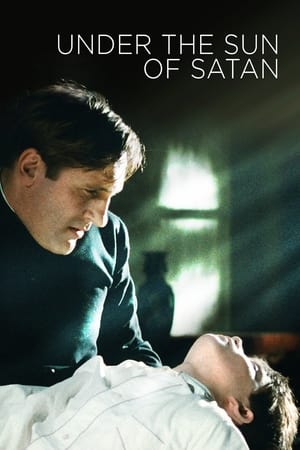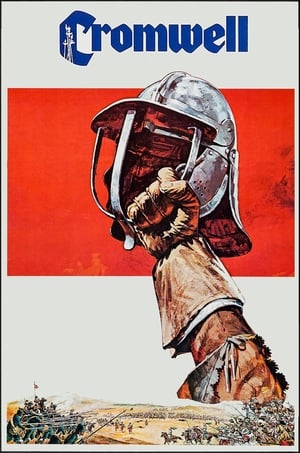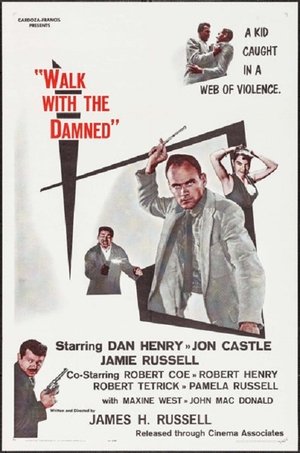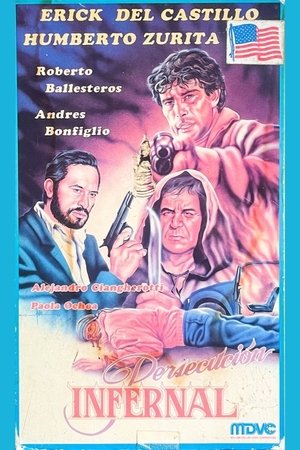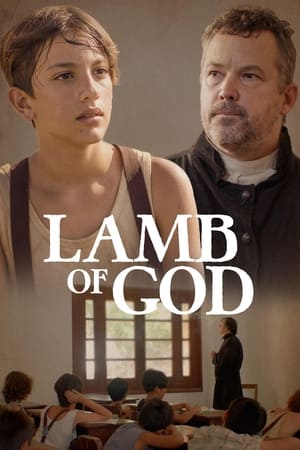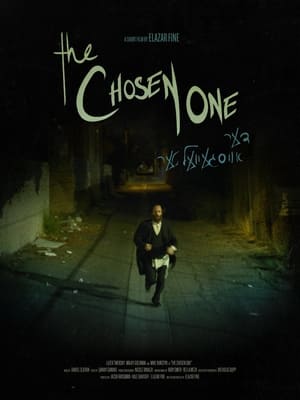Overview
From a non-mythical perspective, The Disciple presents with high production value, the life of Jesus from a daring new angle, a human, without divinity, fallible and worrying disciple of God and the People on very real ground.
Reviews
As C. S. Lewis wrote Jesus Christ is either a liar, a lunatic or the Lord. Emilio Barrachina’s Christ is a lunatic and his Evangelists are liars, all including John. But the main problem with Barrachina’s premise is that there is no evidence from the time of Jesus to support his view. The incidents related in the movie all come from the imagination of the scriptwriter not from any sources truly extant from the lifetime of Christ. Christ was not a follower of John the Baptist nor was he a Nazarite. While Christ was executed for sedition the Gospels relate that it was his claiming to be a king that was the foundation for the accusation of his sedition against Caesar. Nowhere in any of the documents that we have on Christ from the Roman Empire or the Apostles is he portrayed as a violent revolutionary.
The author claims that his story line repeats the events told in the canonical Gospels but in historical dress to let them acquire their full meaning, i.e., the personal meaning that the author wants them to have. No evidence is ever offered that this view is a true historical rendition. Fir instance, the has Pilate ordering the execution of John the Baptist as a revolutionary when we know from the Gospels that Herod himself ordered the execution and we have no other source by which to attribute this act to any other than Herod.
The author also claims in his own synopsis of the movie that the name Iscariot literally means “supplier of arms” but no authority supports such a definition of the name Iscariot and the renditions they do support come nowhere near to identifying Iscariot as a person who sold arms to the revolutionaries or Zealots as they were termed in Christ’s time.
To defend his narrative, the author feels that if he can defend minor points in his narrative he has adequately defended the major distortions in his movie. To this end he concludes his own synopsis by restating the word he puts in Pilate’s mouth that since in Roman Law, each offense had a clearly specified punishment, then there can be no doubt Jesus was executed for a clear crime of sedition. But nowhere can he show definitively that Christ ever called for revolution or rebellion. The only source the author uses are the Gospels themselves and these he twists and distorts out of all recognition. But I believe that here can be found the whole justification for the author’s narrative, since the Romans condemned Christ for sedition then he must have been guilty of just suck an act then all the author has to do is to cut, paste and make-up elements of Christ’s life into a pattern supporting his condemnation.
This movie while well made lacks the narrative coherence found in the Gospels themselves and the exceptions it takes with the Gospel narratives without evidence leaves the Christ portrayed as closer to C. S. Lewis’ lunatic than the Christ of the Gospels. The movie’s progression is sometimes choppy and great chunks of Christ’s ministry are omitted without explanation.
Ultimately, this re-tailoring of Christ’s life is no better and of no more interest than the Jeffersonian Gospel denuded of anything miraculous or supernatural or the Jesus Seminars’ cut and paste job to the same effect. The only difference is that instead of reducing Christ to a man of pleasing aphorisms, a human teacher of virtue, this movie reduces Christ to a deluded fraud, a violent revolutionary without any coherent message or purpose.

 101 min
101 min
 5.25
5.25
 2010
2010
 Spain
Spain
 tomz165 wrote:
tomz165 wrote: